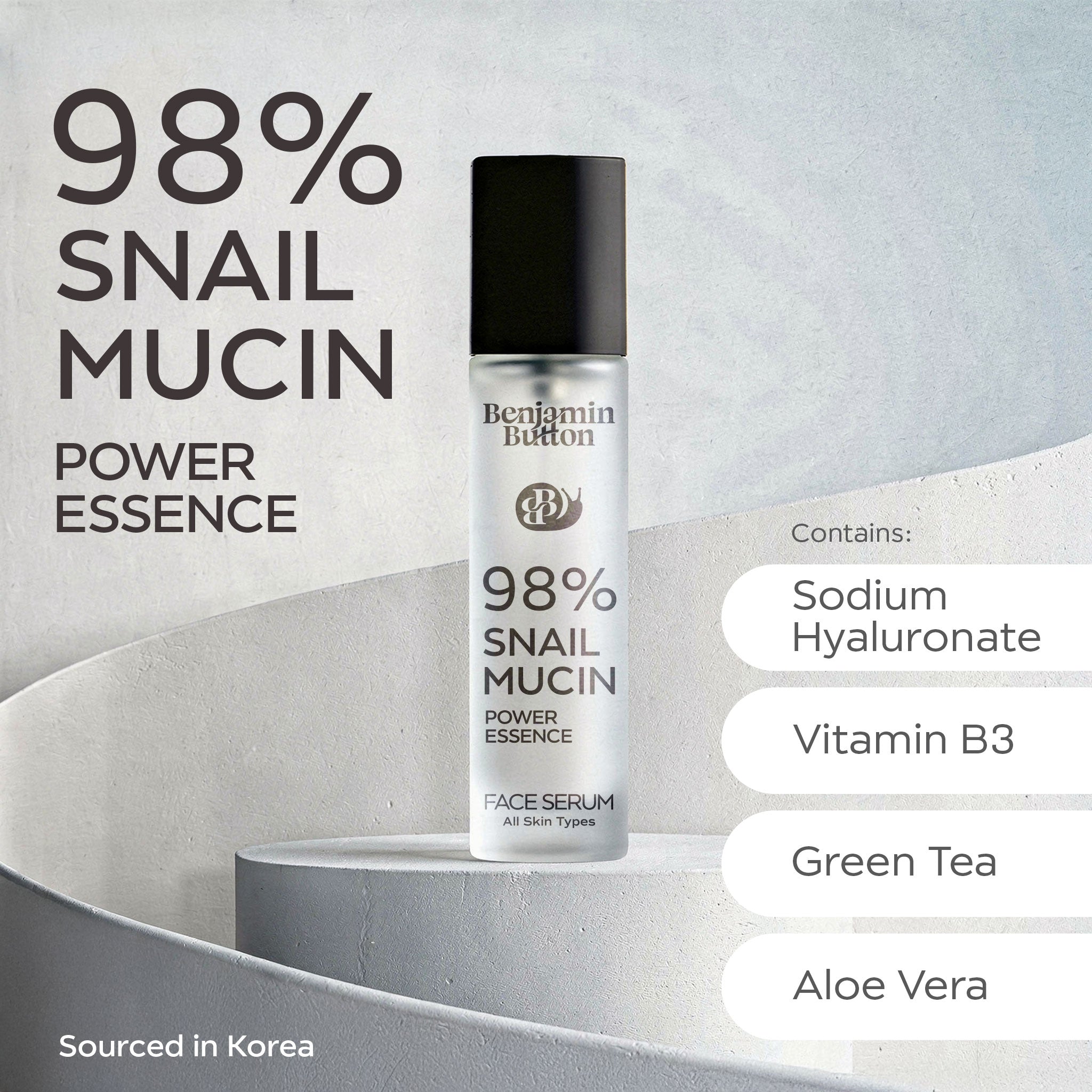Understanding Tanning Beds and Eczema
Tanning beds can often be a source of confusion, especially when they intersect with skin conditions such as eczema. Eczema is a chronic skin condition characterised by inflamed, itchy, and red skin. Many people believe that tanning beds can provide relief from eczema symptoms, but this notion is shrouded in misconceptions that need to be addressed.The Relationship Between UV Light and Eczema
One of the primary reasons why some individuals consider tanning beds as a remedy for eczema is their exposure to UV light. The idea stems from the fact that UV light can sometimes improve the condition of the skin by suppressing the immune response that triggers eczema flare-ups. However, this comes with significant caveats.- Temporary Relief: While it’s true that UV light may offer temporary relief, the improvement is usually short-lived and can be misleading.
- Worsening Symptoms: For many, tanning beds can potentially worsen eczema, leading to aggravated symptoms rather than alleviating them.
- Skin Damage: Excessive exposure to UV light from tanning beds can cause skin damage and increase the risk of developing skin cancers, which is particularly concerning for those with compromised skin health.
Misconceptions About Tanning Beds
It is vital to demystify several misconceptions surrounding tanning beds and eczema.- Myth 1: Tanning beds are a safe way to get vitamin D. While UV exposure can produce vitamin D, the associated risks, especially for those with sensitive skin, far outweigh the benefits.
- Myth 2: All UV rays are beneficial. Tanning beds primarily emit UVA rays, which penetrate deeper into the skin and can cause more damage compared to the UVB rays associated with natural sunlight that help in vitamin D production.
- Myth 3: Tanning beds can cure skin conditions. There is no cure for eczema through tanning; in fact, dermatologists typically recommend other treatments that are safer and more effective.
Safe Alternatives for Eczema Management
For individuals seeking alternatives to manage eczema, there are more effective and safer options that do not involve the risks associated with tanning beds. Emphasising skincare routines and treatments is essential for maintaining healthy skin.Topical Treatments
- Moisturisers: Daily use of thick moisturisers can help create a barrier that locks in moisture, reducing the severity of flare-ups.
- Corticosteroids: Prescription topical steroids can manage itching and inflammation effectively.
- Immunomodulators: Non-steroidal medications may help in controlling flare-ups without the potential side effects associated with long-term steroid use.
Phototherapy
Another viable option for eczema management is phototherapy under medical supervision:- Controlled Environment: Medical professionals use UVB light in a controlled environment, which is significantly more effective and safer than using tanning beds.
- Personalised Treatment: Treatment plans can be tailored to individual skin needs, maximising benefits while minimising risks.
- Combination Therapies: Phototherapy can sometimes be combined with other treatments for enhanced effectiveness.
Lifestyle Adjustments
In addition to treatments, making changes in daily routines can drastically improve eczema symptoms.- Stress Management: Reducing stress through mindfulness practices, such as yoga or meditation, may help lessen flare-ups.
- Avoiding Triggers: Identifying and avoiding irritants, such as harsh soaps and certain fabrics, is crucial.
- Diet Considerations: Maintaining a balanced diet and staying hydrated can positively impact skin health, as some foods may exacerbate symptoms.






















